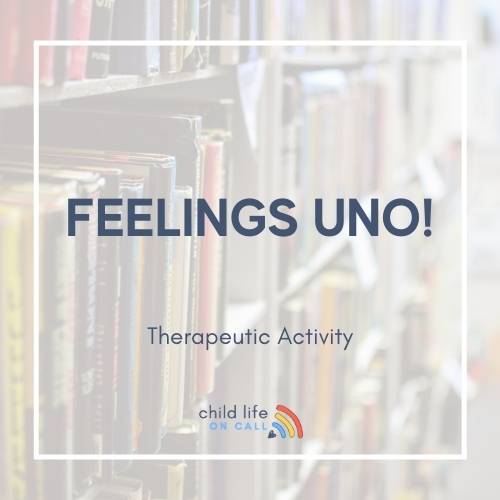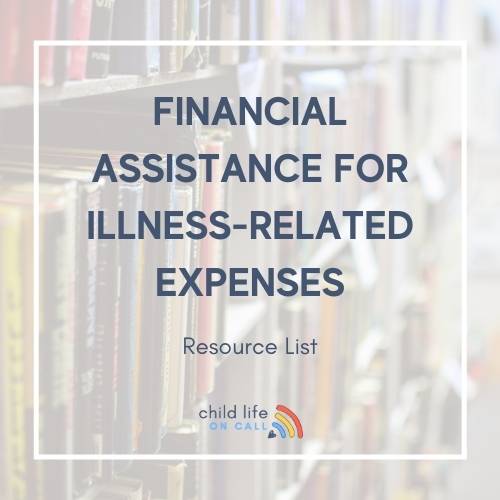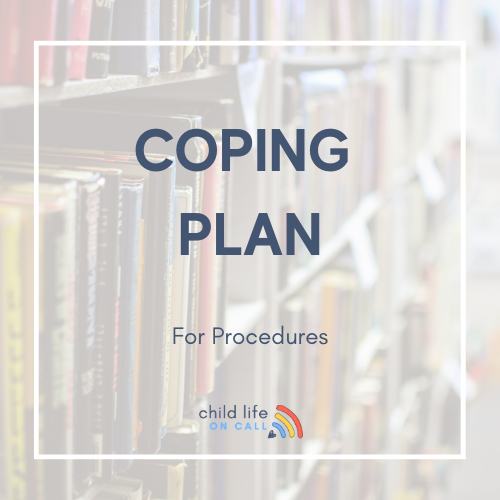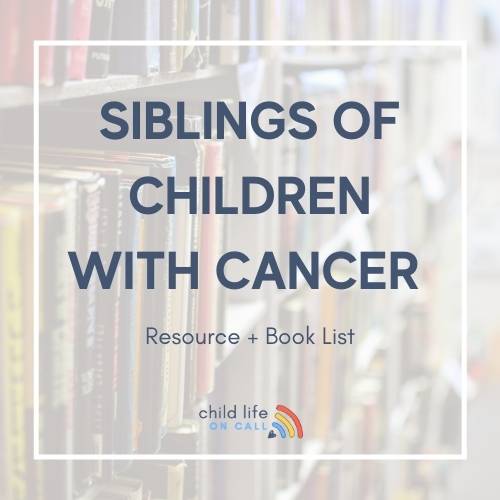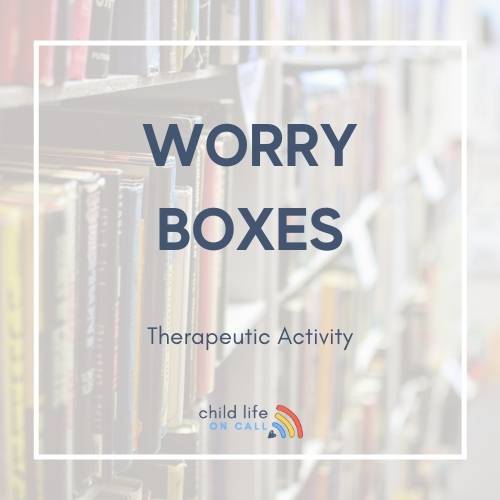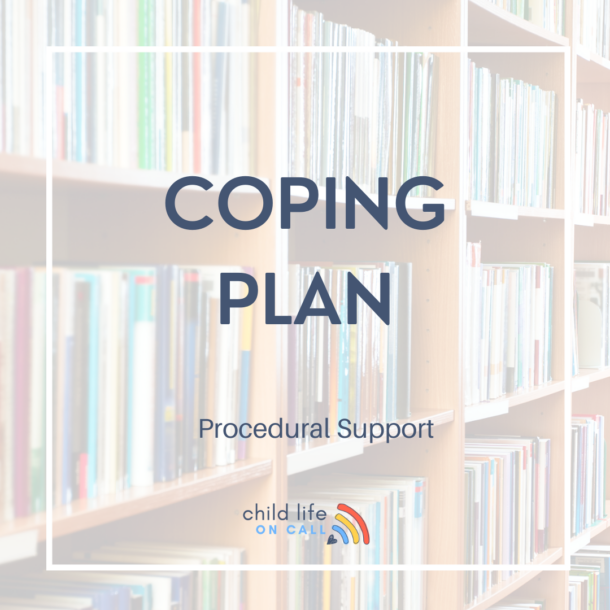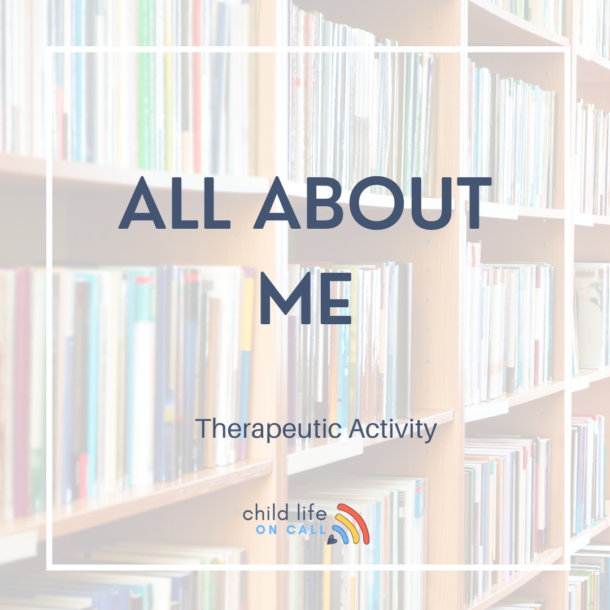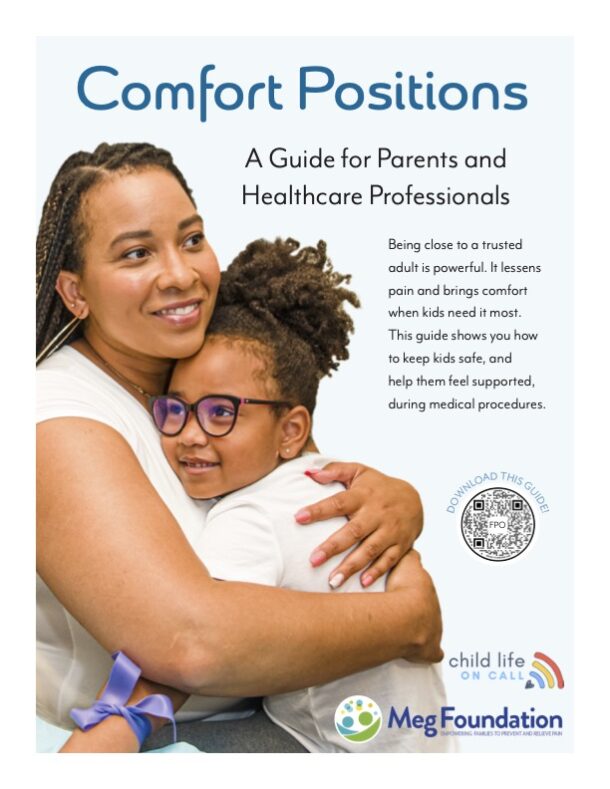Our goal as trusted adults is to protect our children. So if you are struggling with how to tell your child something difficult because you’re afraid it might hurt them… you’re not alone. In some ways it can feel like, “we should just let kids be kids.” And while this is completely true, kids pick up on what adults are feeling even if the adults never speak a word of it. They watch our body language, they hear our tone of voice, and they take in our emotions. They know when we’re sad, they know when we’re mad, and they know when we’re happy. It’s important to model our emotions and our reactions to their behaviors, so that they learn how to handle difficult situations on their own.
This makes it even harder to break bad news. But, if we are intentional about it, we can help our children to feel safe and secure and confident in who they are without sacrificing our own needs.
By paying close attention to your own emotions and the emotions of others, you can learn to identify when your child is in need of support. This way you can provide it when they need it most. You can also model to them how to be brave enough to ask for help when they need it.
The following tips can help you as a trusted adult in a child’s life. In order to let “kids be kids,” the most important thing they need to feel is safe. Safety comes from trusting relationships with adults in their lives. Trusting relationships come from open, honest communication about both the easy and hard parts of life.
So, no matter the child’s age, consider these key points when talking to children about difficult topics:
-
Be honest. Kids pick up on more than we realize and the more accurate information they have the less misconceptions they create.
-
Be concrete in the things that you say and the words that you use. (example?)
-
Let them know that it may be hard or uncomfortable for you too and you can learn and grow together.
-
Model that many different feelings may surface. Each feeling deserves attention. You may see your children flow more easily from one emotion to the other.
-
Ask them what they have noticed about the situation, both to help them process and identify if they have any misconceptions.
-
Talk about if their day to day routine will be affected and what they can expect in the days to come.
-
Help them identify one or a few safe people that they can talk to anytime they have questions or concerns about what is happening.
-
Help them identify coping techniques that they feel work for them or that you could work on together.
-
Work together to look for some positives in the situation to point to as well.
We all want our children to have the best possible start in life, and we all want them to feel safe. To have a little confidence in who they are and what they can do and think.
Listen to a great podcast episode about this topic here, download a tip sheet here, and get books about feelings and starting conversations here.
Still not sure about how to handle a difficult conversation with kids? Schedule a virtual visit with a certified child life specialist from Child Life On Call.


